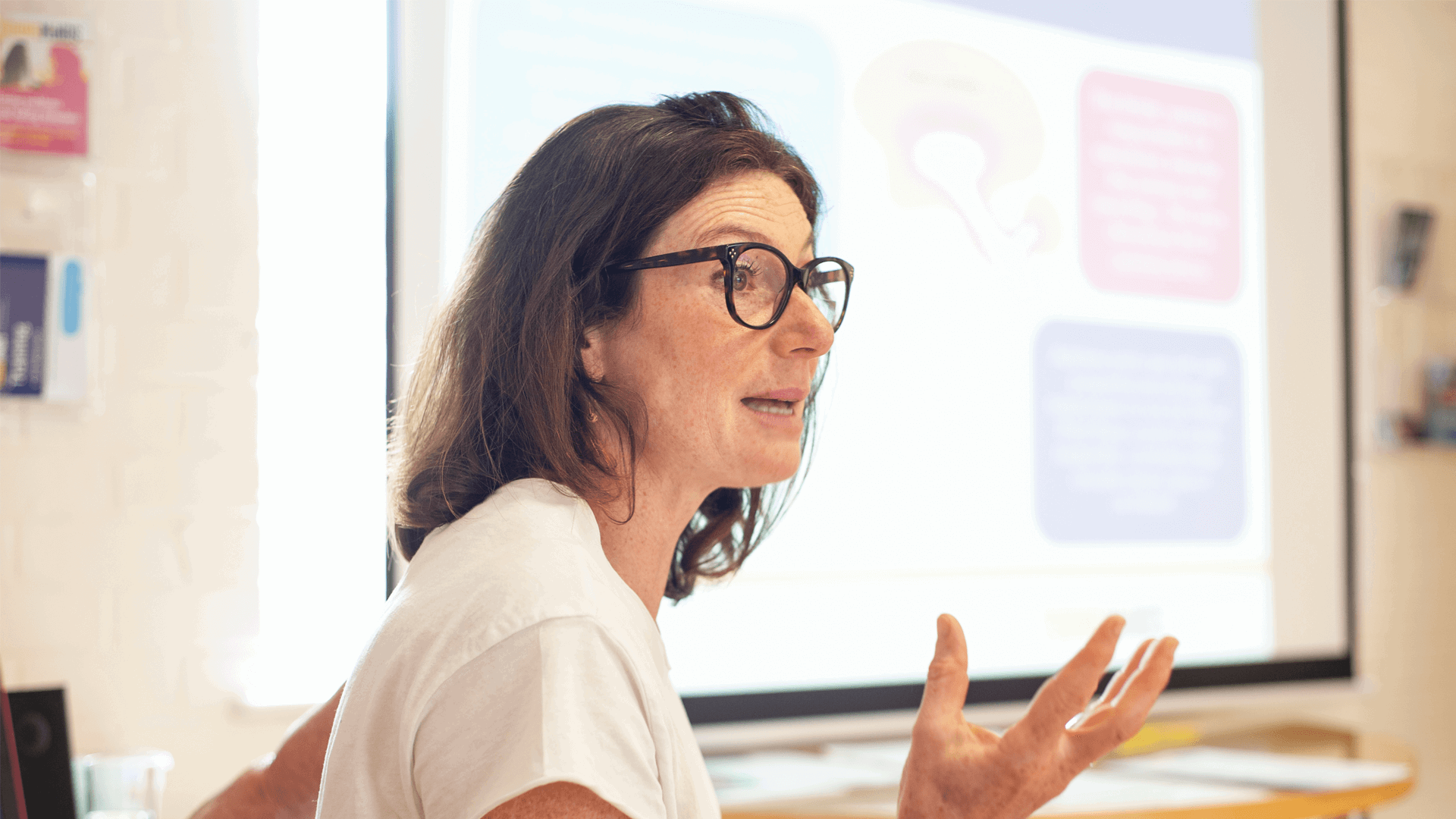If you want to take medication for your mental health, discuss this with your GP.
They will discuss with you why you want to take medication. They may offer alternative treatments, which you can chat through. If they do talk about other options, this doesn’t mean they’re ignoring what you want, but you can always ask to speak to another doctor for a second opinion if you disagree.
If you are offered medication but you don’t want to take it, that’s okay. Talk openly with your doctor about what concerns you have and whether there are any other options for you. It is important that you feel comfortable with your treatment.
If you’re already on medication and don’t want to take it anymore, it's important to speak to your doctor before you decide to stop. It is your choice to stop, but the GP can explore with you alternative treatments or dosage options so you can make an informed decision. They'll also help you plan a gradual stop and avoid withdrawal effects.
For more information about taking medication for your mental health, have a look at our guide to medications.













